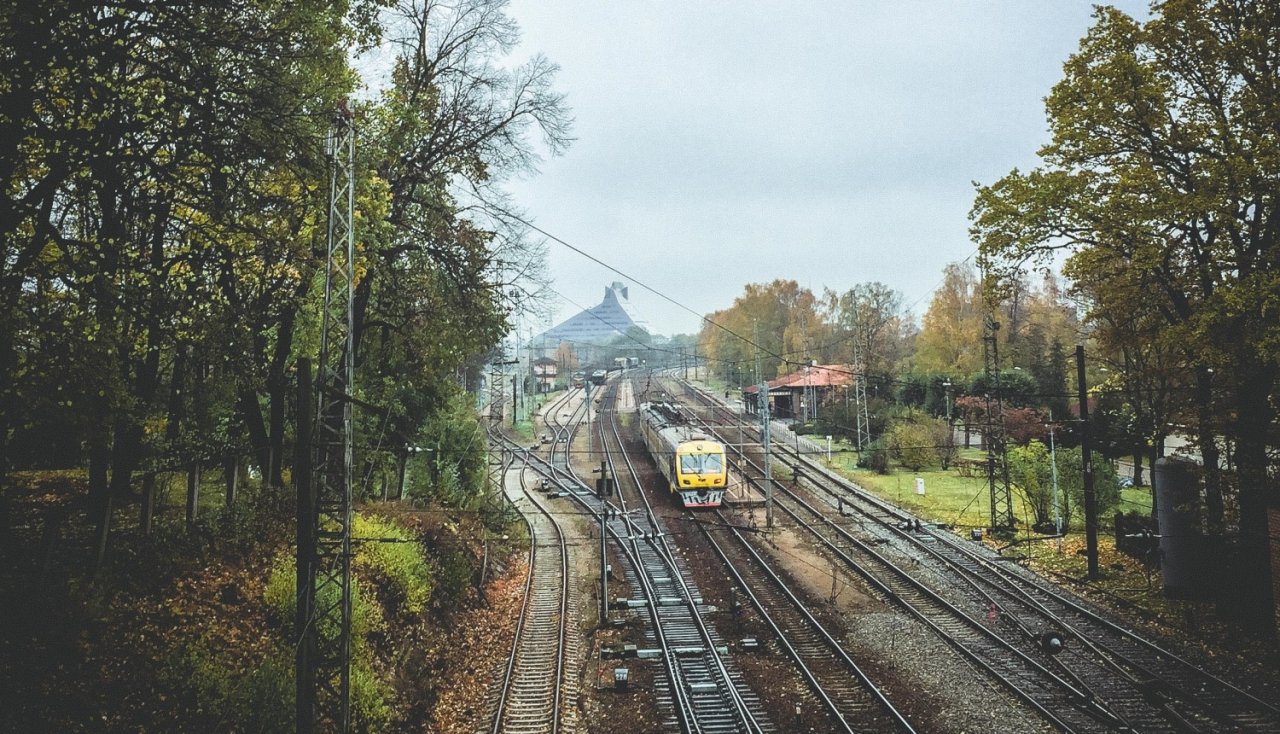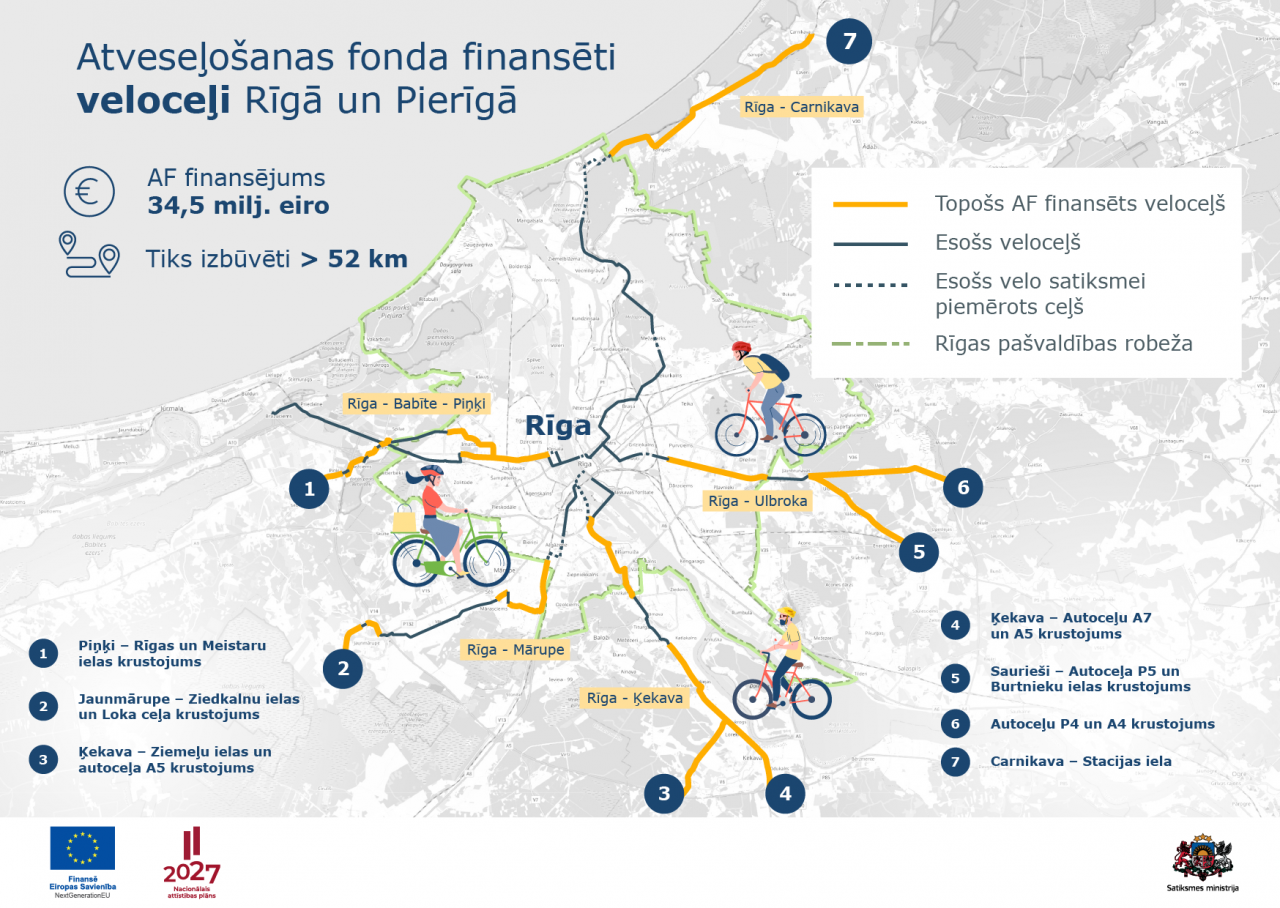In order to implement the greening reform of Riga and Pieriga transport system within the framework of the Recovery and Resilience Facility (RRF) with the aim to minimise the negative impact of transport on the environmental quality of the capital and ensure the transition to environmentally friendly rail traffic in the future, a study was carried out on zero-emission rail technologies and the possibility of introducing the battery electric multiple units (BEMU) in the public transport network of Latvia in the near future.
According to the procurement carried out by the Ministry of Transport (MoT), the study was carried out by the Dutch company “Ricardo Nederland B.V.” As a result of the study, an assessment was presented on zero-emission rail traction technologies and their implementation related indicative investments in rolling stock and railway infrastructure. The study provided analysis-based conclusions and recommendations for a long-term plan to end the use of diesel trains, and also provided answers as to whether the planned routes in the suburban area of Riga could be able to be handled by BEMU trains. This report forms the basis for the technical requirements of the rolling stock of future trains to be procured. It also provides guidance on the necessary modernisation of the railway infrastructure, including the required charging points for train batteries and their deployment on railway routes.
The first part of the study analysed Riga suburban train routes, train schedules, as well as information about the tracks and the overall infrastructure. Data were also provided on the cost of infrastructure modernization, including the implementation of battery charging solutions. As a result, it was concluded that in view of the factors that characterise the Latvian railway, it will be possible to provide passenger transport on the Riga suburban railway lines with BEMU and the most economically useful solution for ensuring the operation of BEMU is to build a battery charging system or charging point.
The second part of the study provided evaluation of the Latvian regional railway network and tracks, as well as comparison of a number of zero-emission rail traction technologies, examining the possibilities provided by BEMU, hydrogen-powered trains and electric trains as well as analysed infrastructure requirements. As a result, it was concluded that for the replacement of diesel trains throughout entire territory of Latvia, it is more useful to use BEMU, which have several advantages in terms of technical maintenance, personnel training, interchangeability of trains between different routes of railway lines, etc.
The study carried out by “Ricardo Nederland B.V.” is one of the three studies commissioned by the MoT that are necessary to ensure the implementation of sustainable, integrated and environmentally friendly public transport and the achievement of the European Green Deal.
Latvia’s RRF plan supports the green transition with investments to overhaul the Riga Metropolitan area transport (€295 million) with the aim to reduce the negative impact of transport on the environmental quality of the capital and to develop integrated public transport services that meet the needs of the population.


